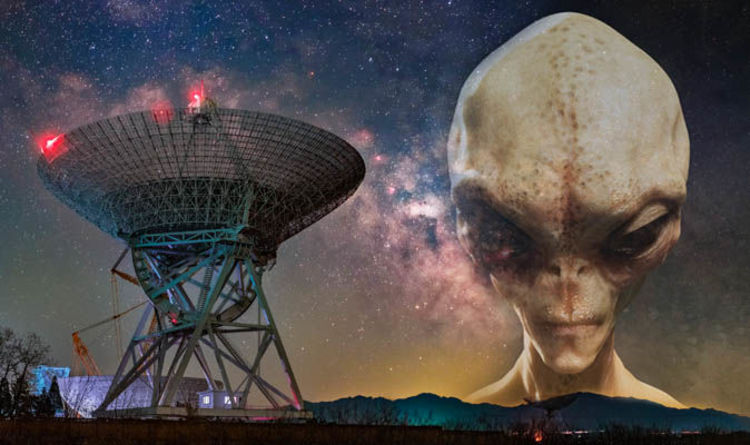Piro Ilir
Regular Member
- Messages
- 1,155
- Reaction score
- 92
- Points
- 0
Tumulus graves were part of most of ancient IE tribes, Mycenaean and Illyrian including.Tumulus burial (generally accepted as marker of Illyrians) in Macedonia close to Mount Olympus before Mycenaean expansion.
https://www.researchgate.net/profil...acedonia-Greece.pdf?origin=publication_detail
Sent from my iPhone using Eupedia Forum
In my opinion, the region of Pieria during the bronze age wasn't Illyrian. It was Tracian, Mycenaean, or something else. Illyrians settled there at the end of the bronze age, circa 1200bce. Many of them became Hellenised or Hellenic, including Macedonians, Mollosians, etc etc.



